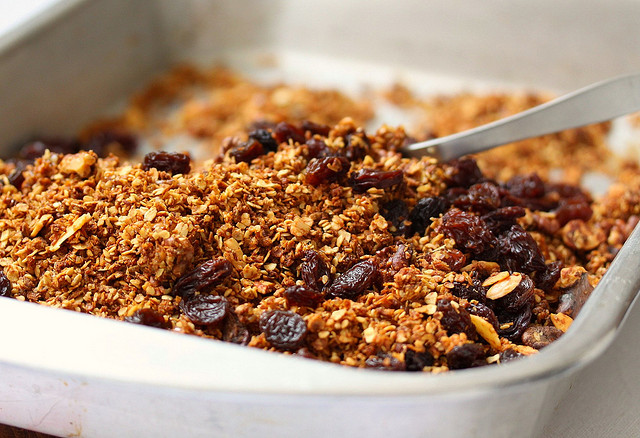Menu
Weight loss
Hormones
Sex
EXPLORE
MEET NU IMAGE MEDICAL
TREATMENTS
MEET NU IMAGE MEDICAL
TREATMENTS
MEET NU IMAGE MEDICAL
Smart Foods That Cause Weight Gain: What to Avoid


Introduction: Beware of “Healthy” Foods That Cause Weight Gain
Maintaining a healthy and balanced diet is crucial for weight management, but many foods marketed as “smart,” “healthy,” or “diet-friendly” can actually contribute to weight gain. It’s essential to recognize these hidden culprits to avoid unexpected weight gain and make truly healthy choices.
1. Bottled Apple and Orange Juice
You might think bottled apple or orange juice is a great source of vitamin C, but it’s loaded with carbs and sugar. A 16 oz. bottle of orange juice can contain as many carbs as five slices of bread and the equivalent of 12 spoonfuls of sugar. Opt for whole fruits instead to benefit from fiber and reduced sugar intake.
2. Bottled Tea
While bottled tea may seem like a healthier alternative to sugary sodas, many brands contain sugar levels comparable to or even higher than regular soft drinks. Check the label and choose unsweetened tea to avoid extra calories.
3. Dried Fruit
Dried fruit may appear healthy but is often much more calorie-dense than fresh fruit. Dried fruits can contain 5 to 8 times the calories of their fresh counterparts and often come with added sugars. Consume dried fruit in moderation and opt for fresh fruit when possible.
4. Granola
Granola is often perceived as a nutritious cereal alternative, but it can be high in added oils and sugars. Many granola brands pack more calories and unhealthy fats than traditional cereals. Choose a low-sugar cereal or make your own granola at home with minimal added sugars.
5. Muffins
Muffins, including bran varieties, are frequently loaded with sugar and butter. Even if they seem like a healthier option, they often contribute to excessive calorie intake. Consider whole-grain toast or Greek yogurt with fruit as a healthier breakfast choice.
6. Rice Cakes
Marketed as a light snack, rice cakes offer minimal nutritional value. They lack protein and fiber, leaving you feeling hungry soon after. Opt for snacks high in protein and fiber, such as nuts or fruit, to keep you satisfied.
7. Salad
Salads can be deceivingly unhealthy, especially those served in restaurants. Ingredients like shredded cheese, candied nuts, croutons, and calorie-laden dressings can turn a healthy salad into a calorie bomb. Choose salads with a variety of vegetables and a light vinaigrette or dressing on the side.
8. Sushi Rolls
Sushi rolls are often considered a healthy meal, but they can be high in calories due to creamy sauces, tempura batter, and sodium-rich soy sauce. Choose sushi options with fresh vegetables and lean proteins, and avoid those with heavy sauces.
9. Tofu
Tofu itself is a good source of protein, but it's often prepared with unhealthy accompaniments. Deep-fried tofu or tofu dishes with rich sauces can negate its health benefits. Opt for grilled or baked tofu with minimal added fats and sodium.
10. Veggie Burgers and Dogs
Veggie patties may seem like a healthier alternative to beef, but many are high in calories and fat. Additionally, the buns and condiments used can add significant amounts of sugar and carbs. Choose veggie burgers with whole-grain buns and minimal condiments.
11. Wraps
Wraps are frequently marketed as a healthier option compared to sandwiches or burgers, but they can be just as calorie-dense. Large flour tortillas and heavy dressings often contribute to high calorie counts. Choose whole-grain wraps with lean proteins and plenty of vegetables.
Conclusion: Making Smart Food Choices
To avoid weight gain, it’s crucial to be aware of foods that are marketed as “healthy” but can contribute to excess calories and sugar intake. Focus on whole, unprocessed foods and be mindful of hidden sugars, unhealthy fats, and excessive carbs. Make informed choices to maintain a healthy weight and support your overall well-being.
This article is for informational purposes only and does not constitute medical advice. The information contained herein is not a substitute for and should never be relied upon for professional medical advice. Always talk to your physician about the risks and benefits of any treatment. Nu Image Medical may not offer the medications or services mentioned in this article.
